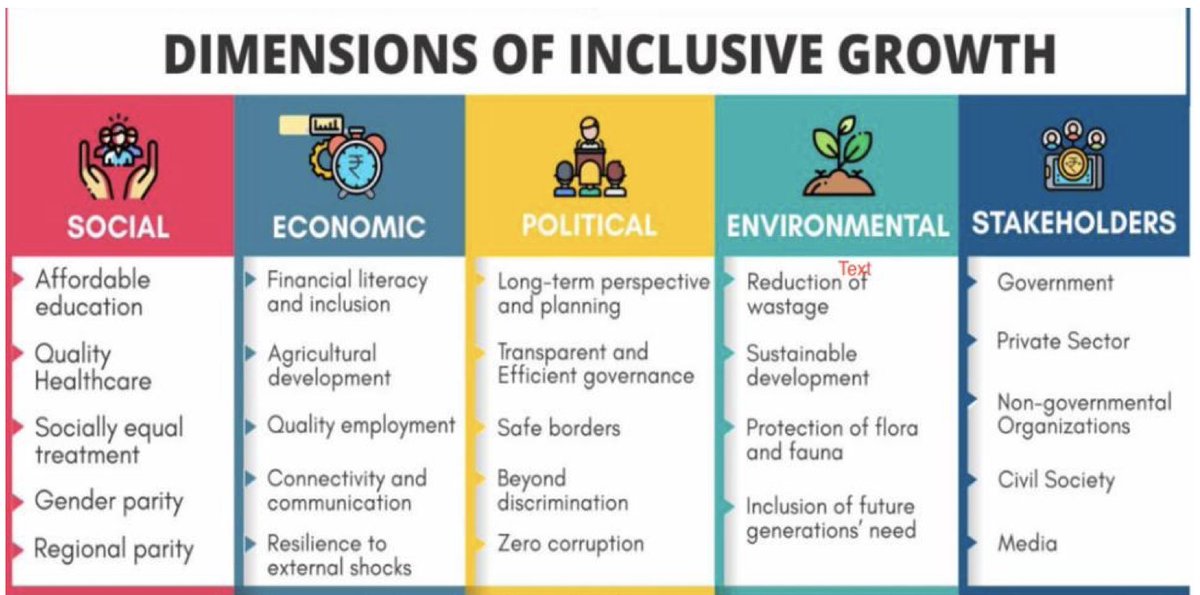
Short notes on Pre-historic Period
(Useful for UPSC Prelims)
Thread
(Useful for UPSC Prelims)
Thread
Pre-Historic Period - No written records are available. History is constructed by the use of plenty of archaeological remains such as stone tools, pottery, artifacts, metal implements, paintings, etc.
Stone Age
1. Paleolithic or Old Stone Age (before 10,000 BC)
2. Mesolithic or Middle Stone Age (10000 BC to 6000 BC)
3. Neolithic or New Stone Age (6000 BC to 4000 BC)
Metal Age
1. Chalcolithic or Copper age
2. Iron age
1. Paleolithic or Old Stone Age (before 10,000 BC)
2. Mesolithic or Middle Stone Age (10000 BC to 6000 BC)
3. Neolithic or New Stone Age (6000 BC to 4000 BC)
Metal Age
1. Chalcolithic or Copper age
2. Iron age
Paleolithic
⦿ Sites generally located near water
⦿ Hunter-gatherers
⦿ Stone tools; hand sized; large size - made up of Quartzite
⦿ Hunting: large animals by a group of people
⦿ Attempt of domestication
⦿ Proliferation of painting as oldest art form in upper paleolithic age
⦿ Sites generally located near water
⦿ Hunter-gatherers
⦿ Stone tools; hand sized; large size - made up of Quartzite
⦿ Hunting: large animals by a group of people
⦿ Attempt of domestication
⦿ Proliferation of painting as oldest art form in upper paleolithic age
Mesolithic
⦿ Transition period
⦿ Tools: Tiny stone artifacts (Microliths)
⦿ Hunter-gathering continued
⦿ Shift from large to small animal hunting and fishing
⦿ Use of Bow and Arrow begun
⦿ Domestication of animal, horticulture, and primitive cultivation started
⦿ Transition period
⦿ Tools: Tiny stone artifacts (Microliths)
⦿ Hunter-gathering continued
⦿ Shift from large to small animal hunting and fishing
⦿ Use of Bow and Arrow begun
⦿ Domestication of animal, horticulture, and primitive cultivation started
Neolithic
⦿ Emergence of village communities
⦿ Agriculture began
⦿ Crops: Rise, wheat, millets, barley, etc.
⦿ Polishing of stone tools
⦿ Pottery started; Use of wheels to make pottery;
Use: for storing grains, cooking, burials of dead in large urns
⦿ Emergence of village communities
⦿ Agriculture began
⦿ Crops: Rise, wheat, millets, barley, etc.
⦿ Polishing of stone tools
⦿ Pottery started; Use of wheels to make pottery;
Use: for storing grains, cooking, burials of dead in large urns
⦿ Mud brick houses instead of grass huts
⦿ Used cloths of cotton and wool
⦿ Mehrgarh- a neolithic site is considered as precursor to Indus Valley Civilization
- It was one of the earliest example of farming and herding in S. Asia
⦿ Used cloths of cotton and wool
⦿ Mehrgarh- a neolithic site is considered as precursor to Indus Valley Civilization
- It was one of the earliest example of farming and herding in S. Asia
Metal Age
Chalcolithic
⦿ Technological developments: Smelting metal ores, crafting metal artifacts, etc.
⦿ Copper and Bronze along with stone tools
⦿ Network of chalcolithic cultures due to long-distance travel for metal ores
⦿ Harrapa is considered to be chalcolithic
Chalcolithic
⦿ Technological developments: Smelting metal ores, crafting metal artifacts, etc.
⦿ Copper and Bronze along with stone tools
⦿ Network of chalcolithic cultures due to long-distance travel for metal ores
⦿ Harrapa is considered to be chalcolithic
⦿ Generally, these cultures grew in river valley
Iron age
⦿ Iron age of southern peninsula is often related to Megalithic Burials.
That's it!
Your Pre-history topic for UPSC prelims is prepared. Keep revising these points and you are good to go!
Iron age
⦿ Iron age of southern peninsula is often related to Megalithic Burials.
That's it!
Your Pre-history topic for UPSC prelims is prepared. Keep revising these points and you are good to go!
Read this as notes on website - upscprep.com/ancient-indian…
• • •
Missing some Tweet in this thread? You can try to
force a refresh





